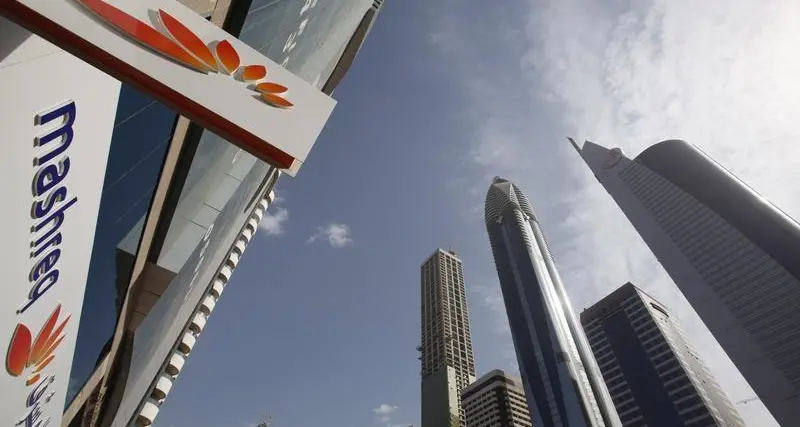The World Bank approved a $400 million International Development Association (*IDA) grant to support the Republic of Mozambique’s Safer Roads for Economic Integration Project. The objective of the project is to improve road connectivity, safety, and climate resilience, as well as fostering greater social inclusion in the project areas.
“Roads are vital to economic activity, growth, social inclusion, and poverty reduction,” noted Idah Z. Pswarayi-Riddihough, World Bank Country Director for Mozambique, Madagascar, Comoros, Mauritius, and Seychelles. “This operation is instrumental to revitalizing Mozambique’s North-South roads connectivity and thus integrating the fragile center-northern provinces with the rest of the country by rehabilitating priority road sections of the N1 North-South corridor.”
The bulk of the project’s funds will finance the design and rehabilitation of safer and more climate resilient roads, which will include road improvement and maintenance. A total of 508 kilometers of selected priority road sections will benefit from rehabilitation. These include the following: Metoro – Pemba (94 kilometers) in the Cabo Delgado province; Gorongosa – Caia Lot 1 (0-84 kilometers), Gorongosa – Caia Lot 2 (84-168 kilometers), and Inchope – Gorongosa (70 kilometers) in the Sofala province; and Chimuara – Nicoadala Lot 1 (0-88 kilometers) and Chimuara – Nicoadala Lot 2 (88-176 kilometers) in the Zambezia province. Other activities funded by the project will help promote community engagement and women’s empowerment; improve road safety management, institutional development, and project management; and develop a contingent emergency response.
“The project will also support road sector reforms aimed at improving road safety, better preserving and managing road assets, improving road sector financing mechanisms, and boosting preparedness for natural disasters,” added Nargis Ryskulova, World Bank Senior Transport Specialist and project lead. “The project is part of a Multiphase Programmatic Approach (MPA) equally approved by the Board today which unlocks an indicative financing envelope of $850 million in support of the Republic of Mozambique’s road sector. The MPA has an expected duration of ten years.”
The N1 corridor is the longest road corridor in the country connecting the southern province of Maputo to the most northern province of Cabo Delgado. Fragile and conflict-affected areas in central and northern Mozambique are not adequately integrated with the rest of the economy, contributing to poverty, and adding to the underlying causes of fragility and insecurity. Improvement of the N1 would increase domestic market accessibility, unlock agricultural and tourism potential, and would benefit about 56% of the total population. Furthermore, climate change and increasing frequency of tropical cyclones in Mozambique are having a devastating impact on road infrastructure. Finally, Mozambique has one of the highest road fatality rates in the world and sexual exploitation and abuse and sexual harassment (SEA/SH) incidents are widespread in the country. This project will seek to tackle many of these challenges.
The project is fully consistent with Mozambique’s National Development Strategy 2015-2035 and with the World Bank Country Partnership Framework FY23-27, currently under preparation. The project is also aligned with Mozambique’s long-term strategy for road sector development 2020-2024, the World Bank Group’s Climate Change Action Plan 2021–25, and the Next Generation Africa Climate Business Plan.
*The World Bank’s International Development Association (IDA), established in 1960, helps the world’s poorest countries by providing grants and low to zero-interest loans for projects and programs that boost economic growth, reduce poverty, and improve poor people’s lives. IDA is one of the largest sources of assistance for the world’s 74 poorest countries, 39 of which are in Africa. Resources from IDA bring positive change to the 1.3 billion people who live in IDA countries. Since 1960, IDA has provided $458 billion to 114 countries. Annual commitments have averaged about $29 billion over the last three years (FY19-FY21), with about 70 percent going to Africa.
Distributed by APO Group on behalf of The World Bank Group.


















